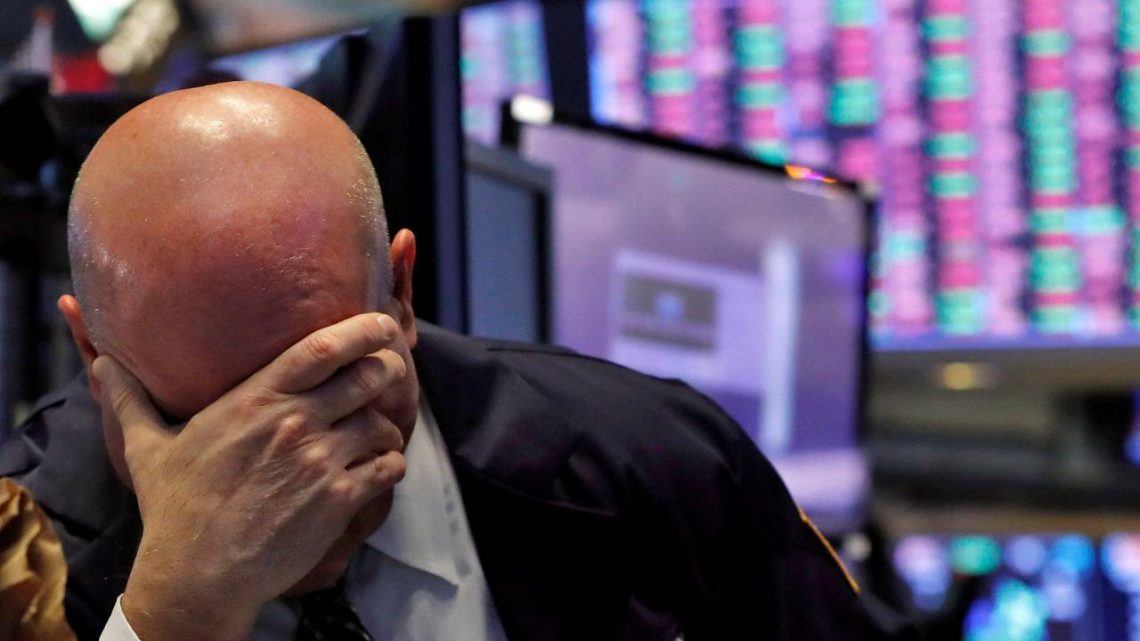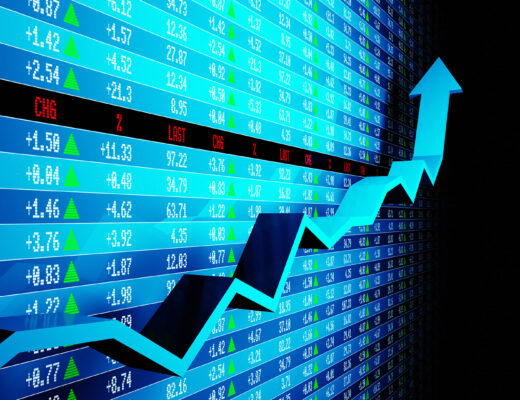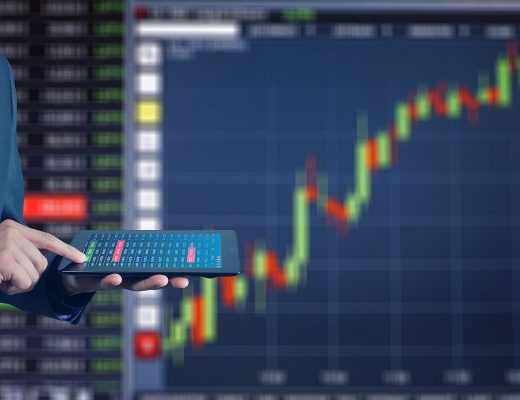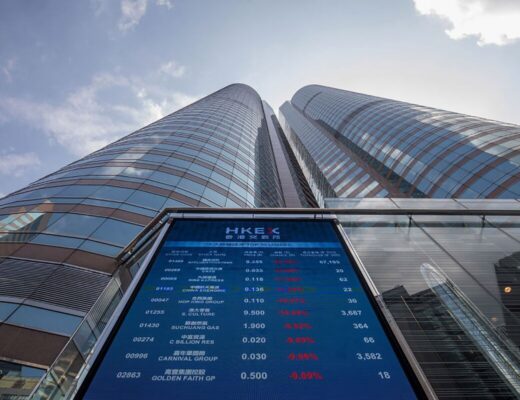When exchanges fall: possible consequences and loss of profitability
Fluctuations in the world market are spreading to more and more segments and countries. The other day, new records were registered on the Tel Aviv Stock Exchange. Major indexes have fallen by almost 5% and continue to decline. And this is not the only example – markets in many countries are in crisis. Experts are afraid of the consequences of the situation when exchanges are falling and cannot yet give accurate forecasts for the future.
The first to panic was the New York Stock Exchange, where the worst results for 10 years have been obtained over the week. Closing trading on such a minor note causes bewilderment and confusion among Israeli investors, who do not fully understand the current situation and can not develop a new strategy for action.
The collapse of the country’s main indexes did not go unnoticed. All media immediately published their vision of the events, which caused a stir among the population. Many people with savings rushed to massively calculate possible losses for their capital, to learn about the withdrawal of funds and their investments in other assets, such as real estate.
Despite the fact that the previous year ended quite successfully, recent events raise a number of questions for experts. A collapse on the stock exchanges may lead to a significant loss of profit for pension and investment funds, as well as affect the owners of various savings programs.
For almost 10 years, interest rates on stock exchanges have been growing, and now most investments are in the form of shares. But the latest figures make market players think about what to do next. On the one hand, the year as a whole was successful and should bring a good income, but such a collapse on the stock exchange can ruin all the achievements and not give the desired profit.
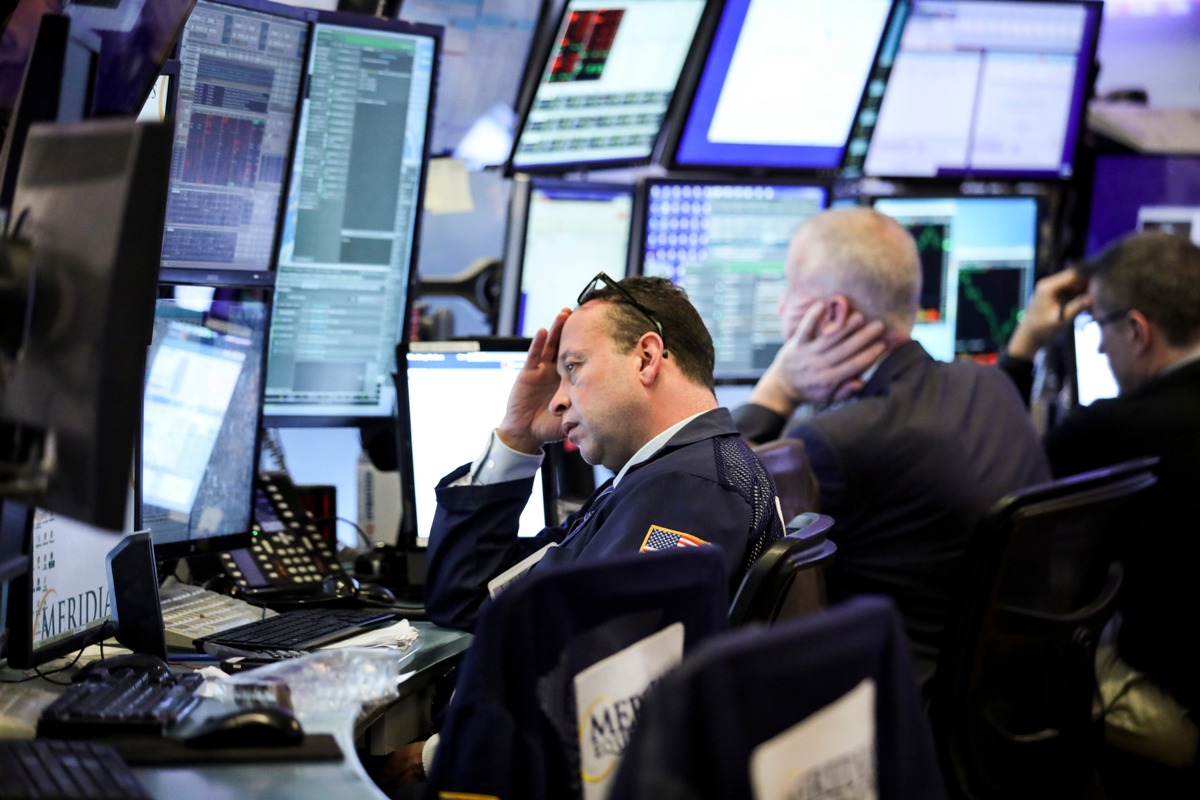
This situation will be especially acute for management companies, whose clients can withdraw capital and go to competitors.
A few months ago, the trend was observed in pension funds. They lost over 60% of their income. Together with professional development funds, their profit amounted to only 1.8%, which is not much compared to previous periods.
In cases when exchanges are falling, experts are afraid to make forecasts and advise only to wait. One should not make hasty decisions and withdraw funds, it is better to remember the golden rule “10 days”. It says that investors who did not take advantage of the 10 most successful days in 10 years, missed most of the income.
This can be seen when analyzing the S&P500 index. In 2010, it showed an increase of 95%, but if you do not take into account the 10 days when there was a maximum increase, the yield of the index is reduced by 34%.
